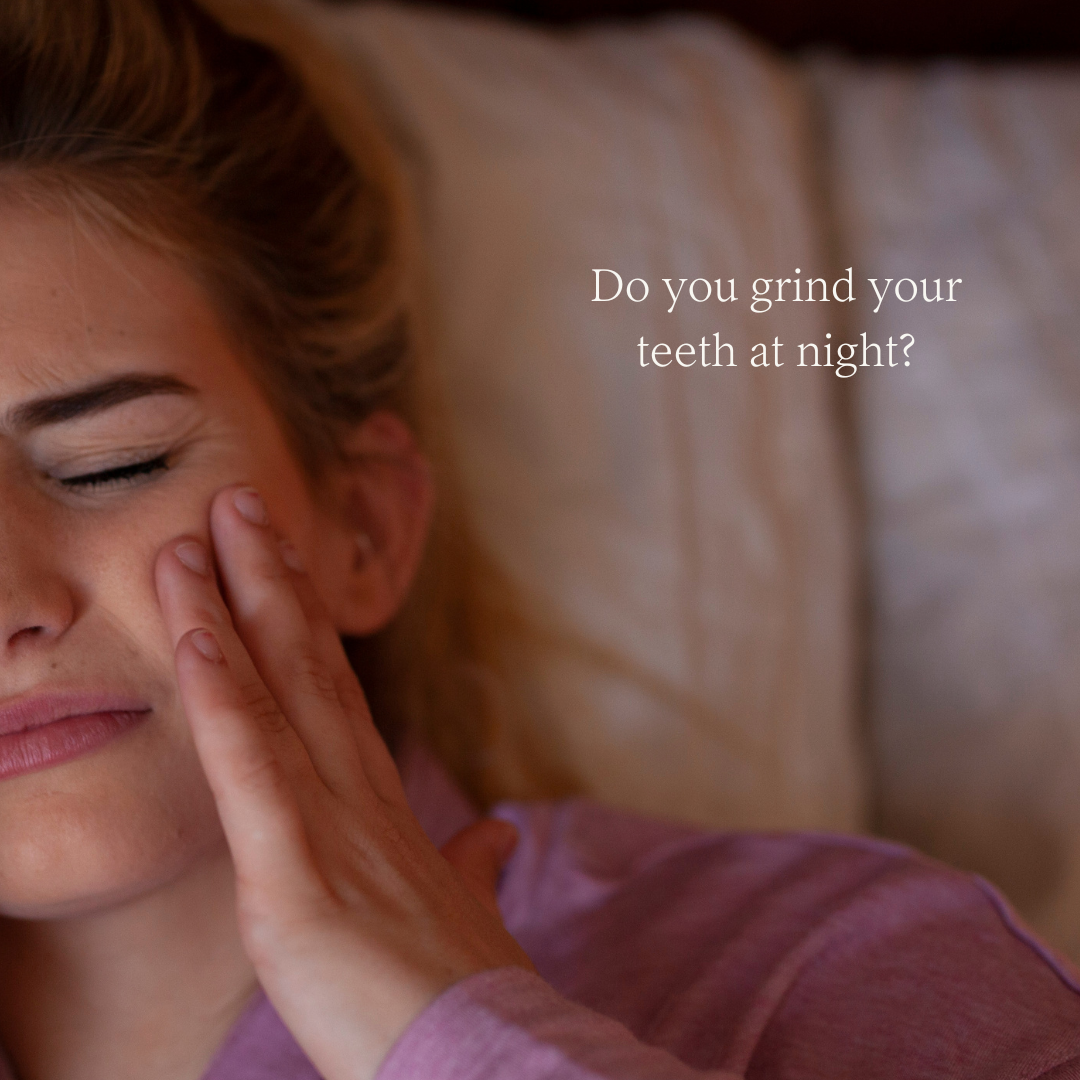
The Silent Clench: Understanding Nighttime Teeth Grinding and the Magnesium Connection
In the quiet of the night, while many are immersed in peaceful slumber, others unknowingly engage in a less serene activity: teeth grinding. This nocturnal habit, also known as bruxism, often goes unnoticed until its consequences begin to manifest. Surprisingly, the root cause of this seemingly innocuous act may lie in an essential mineral deficiency – magnesium. In this article, we'll delve into the relationship between nighttime teeth grinding and magnesium deficiency, and explore how the application of magnesium-based products like magnesium oil or magnesium and vitamin E cream can offer relief.
The Enigma of Bruxism:
Bruxism, characterized by the clenching, gnashing, or grinding of teeth, is a common problem affecting both adults and children. While occasional teeth grinding may not cause significant harm, chronic bruxism can lead to various dental issues, including worn enamel, tooth fractures, jaw pain, headaches, and even temporomandibular joint disorders (TMJ), not to mention headaches and neck pain and lack of restorative sleep. Identifying its underlying cause is crucial for effective management and prevention of further damage.
Unveiling the Magnesium Connection:
Research suggests that magnesium deficiency could be a contributing factor to bruxism, particularly during sleep. Magnesium, an essential mineral, plays a vital role in muscle function and relaxation. Insufficient magnesium levels can disrupt the delicate balance between muscle contraction and relaxation, leading to involuntary muscle contractions – a hallmark of bruxism.
Moreover, magnesium deficiency is associated with increased levels of stress hormones like cortisol, which can exacerbate muscle tension and trigger bruxism episodes. Chronic stress, anxiety, and poor sleep quality further perpetuate this vicious cycle, creating a fertile ground for nighttime teeth grinding.
The Magnesium Solution:
Addressing magnesium deficiency may offer a promising solution for managing bruxism and its associated symptoms. While dietary changes and oral supplements are commonly recommended, the topical application of magnesium oil or magnesium and vitamin E cream emerges as a convenient and effective approach, especially when applied before bedtime.
Magnesium oil, a concentrated solution of magnesium chloride suspended in water, is readily absorbed through the skin, bypassing the digestive system's potential barriers to absorption. By delivering magnesium directly to the muscles and tissues, magnesium oil promotes muscle relaxation and alleviates tension, helping to mitigate bruxism-related symptoms.
Similarly, magnesium and vitamin E cream harnesses the synergistic benefits of magnesium and vitamin E, a potent antioxidant known for its skin-nourishing properties. This soothing cream not only replenishes magnesium levels but also nurtures the skin, offering a holistic approach to oral health and well-being.
The Nighttime Ritual:
Incorporating magnesium oil or magnesium and vitamin E cream into your nightly routine can be a simple yet impactful way to combat bruxism and promote relaxation before sleep. Here's a suggested bedtime ritual:
- Prepare for bedtime by winding down and creating a relaxing environment.
- Apply a small amount of magnesium oil or magnesium and vitamin E cream to your fingertips.
- Gently massage the product onto your temples, jawline, and any areas of muscle tension.
- Take slow, deep breaths, allowing the calming effects of magnesium to permeate your body.
- Repeat this ritual nightly to experience cumulative benefits over time.
The Journey to Wellness:
While magnesium-based products offer promising support for managing bruxism, it's essential to adopt a holistic approach to oral health and overall well-being. Incorporating stress-reduction techniques such as mindfulness, meditation, or gentle exercise can further complement magnesium therapy, helping to alleviate underlying stressors contributing to bruxism.
Additionally, consulting with a healthcare professional is advisable, especially if bruxism persists or is accompanied by other concerning symptoms. A thorough evaluation can help identify any underlying medical conditions or contributing factors that may require additional treatment or management.
Nighttime teeth grinding, though often overlooked, can have significant implications for oral health and overall well-being. Understanding the potential link between bruxism and magnesium deficiency opens new avenues for proactive management and relief. By incorporating magnesium-based products like magnesium oil or magnesium and vitamin E cream into your nightly routine, you can nurture relaxation, support muscle function, and embark on a journey to healthier sleep and happier smiles.
The information provided by The Base Collective is not intended to be used as medical advice and should not take the place of professional or medical advice. Always seek the guidance of your doctor or other qualified health professionals with any questions you may have regarding your health or medical condition.
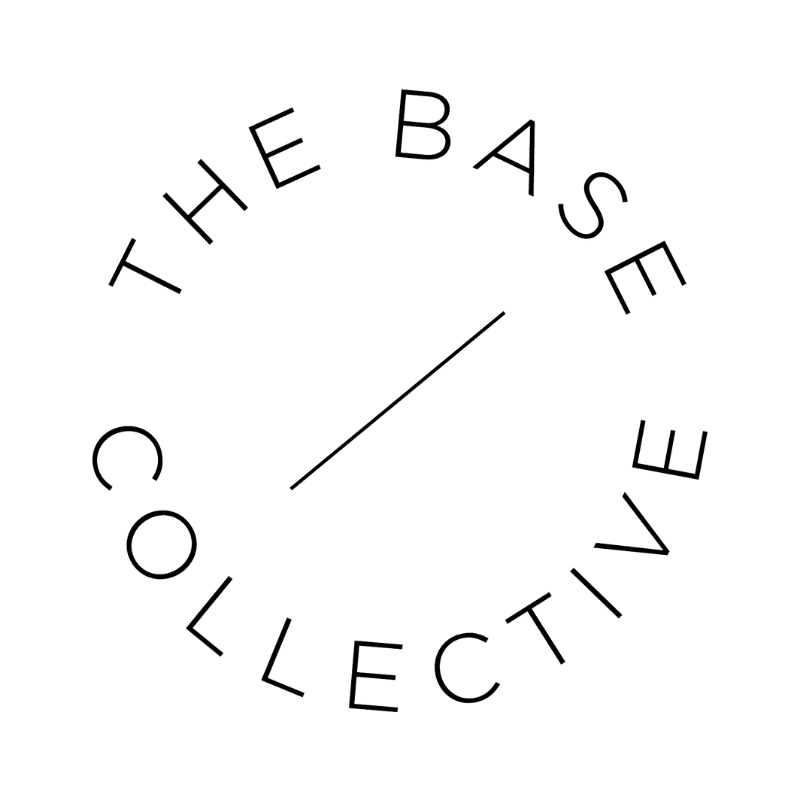
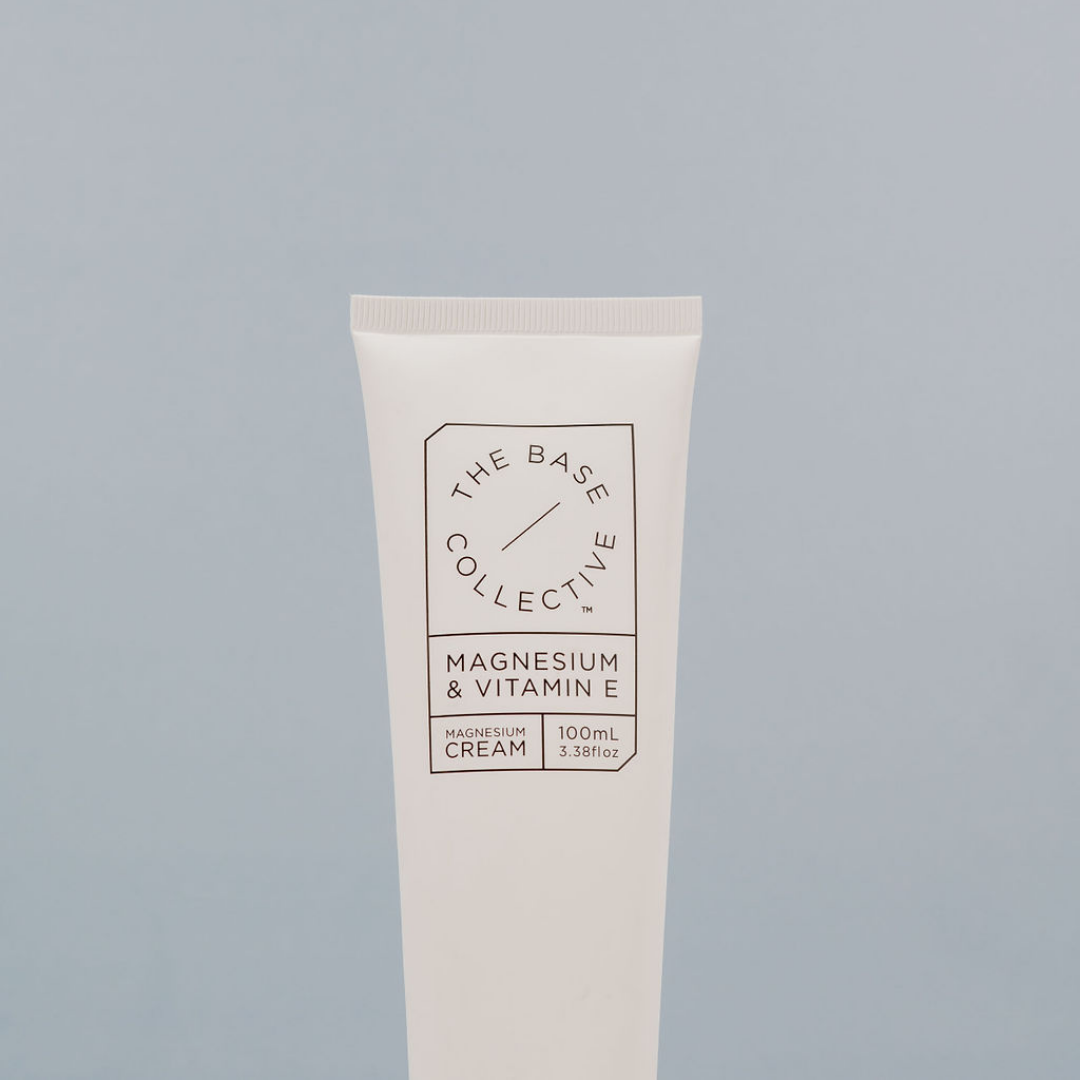

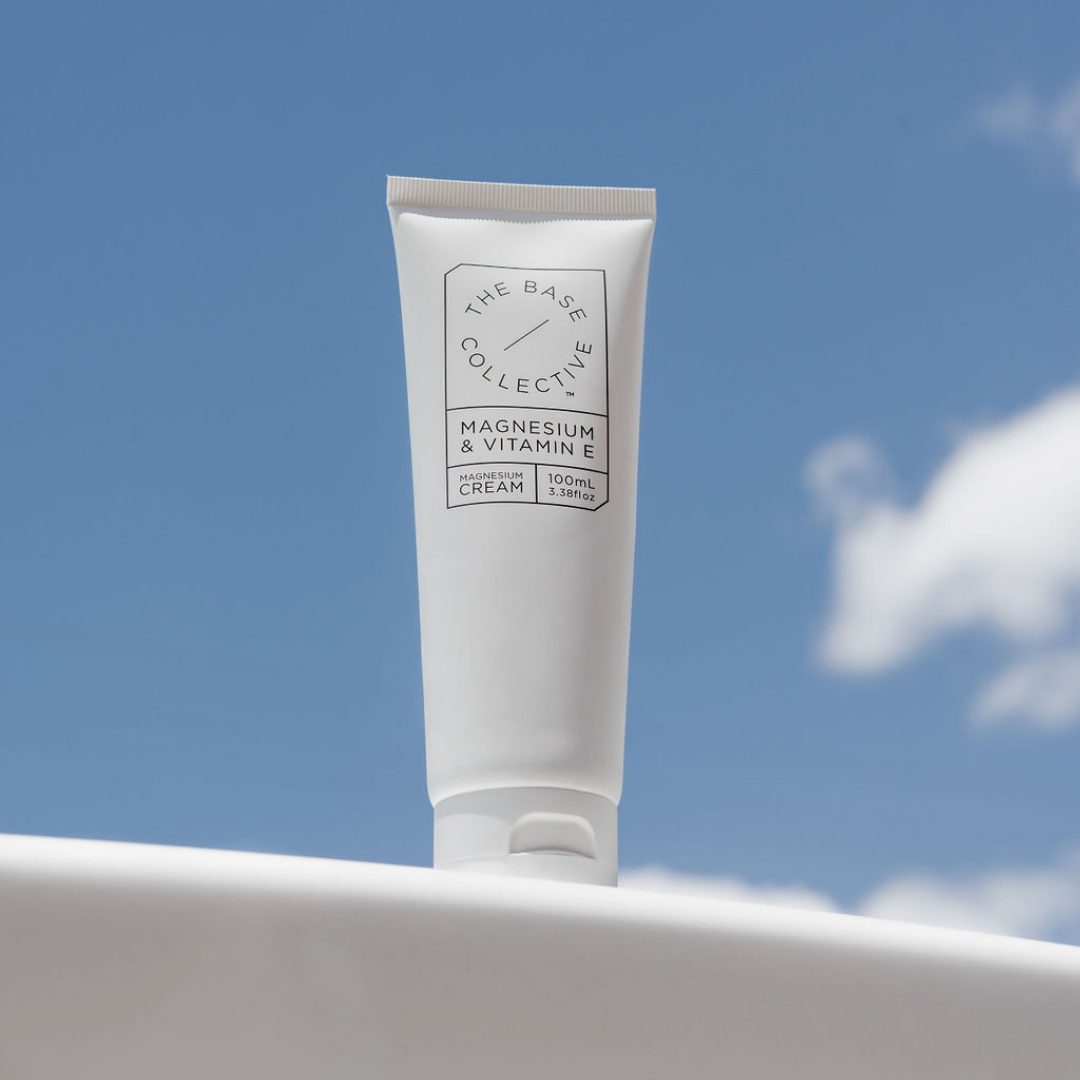
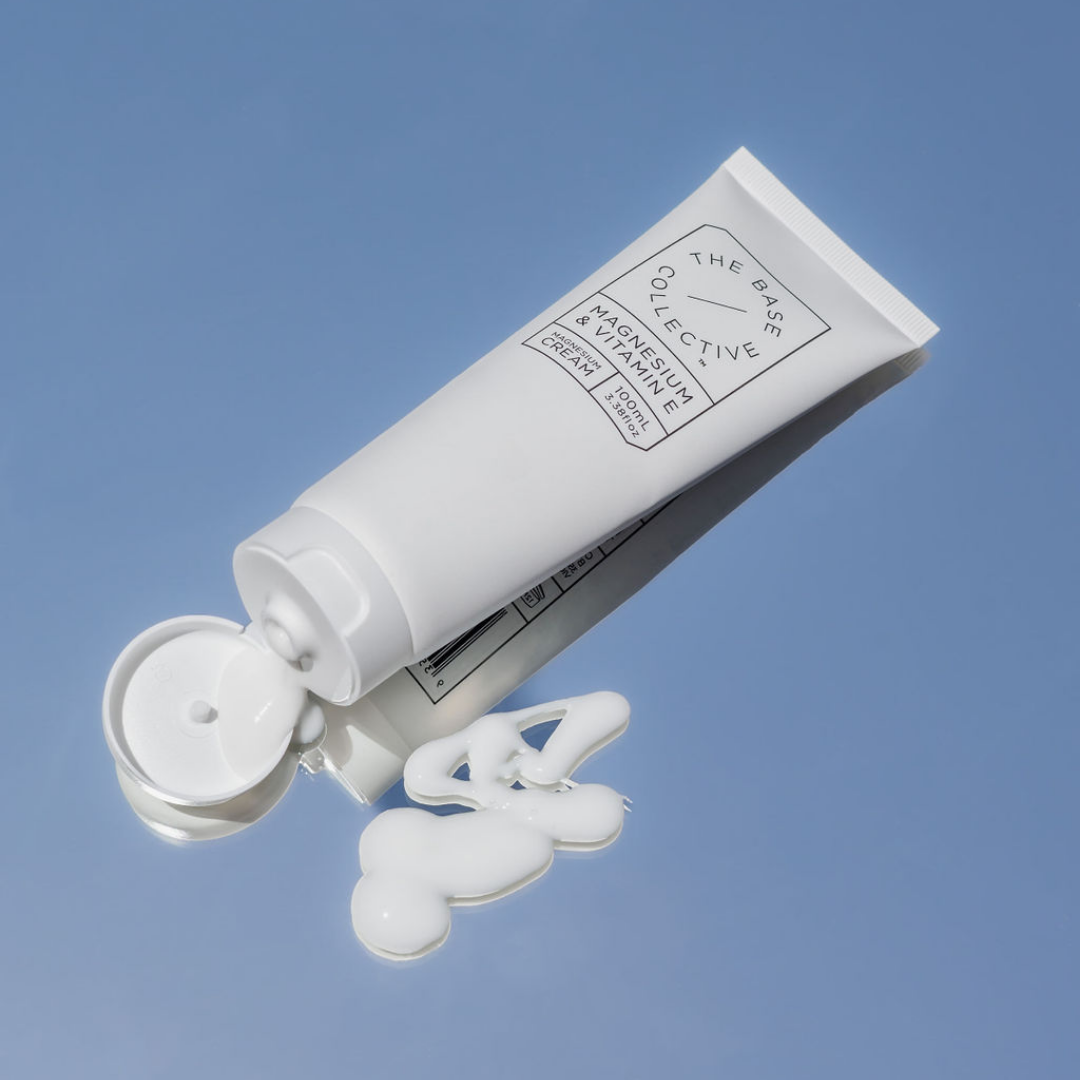


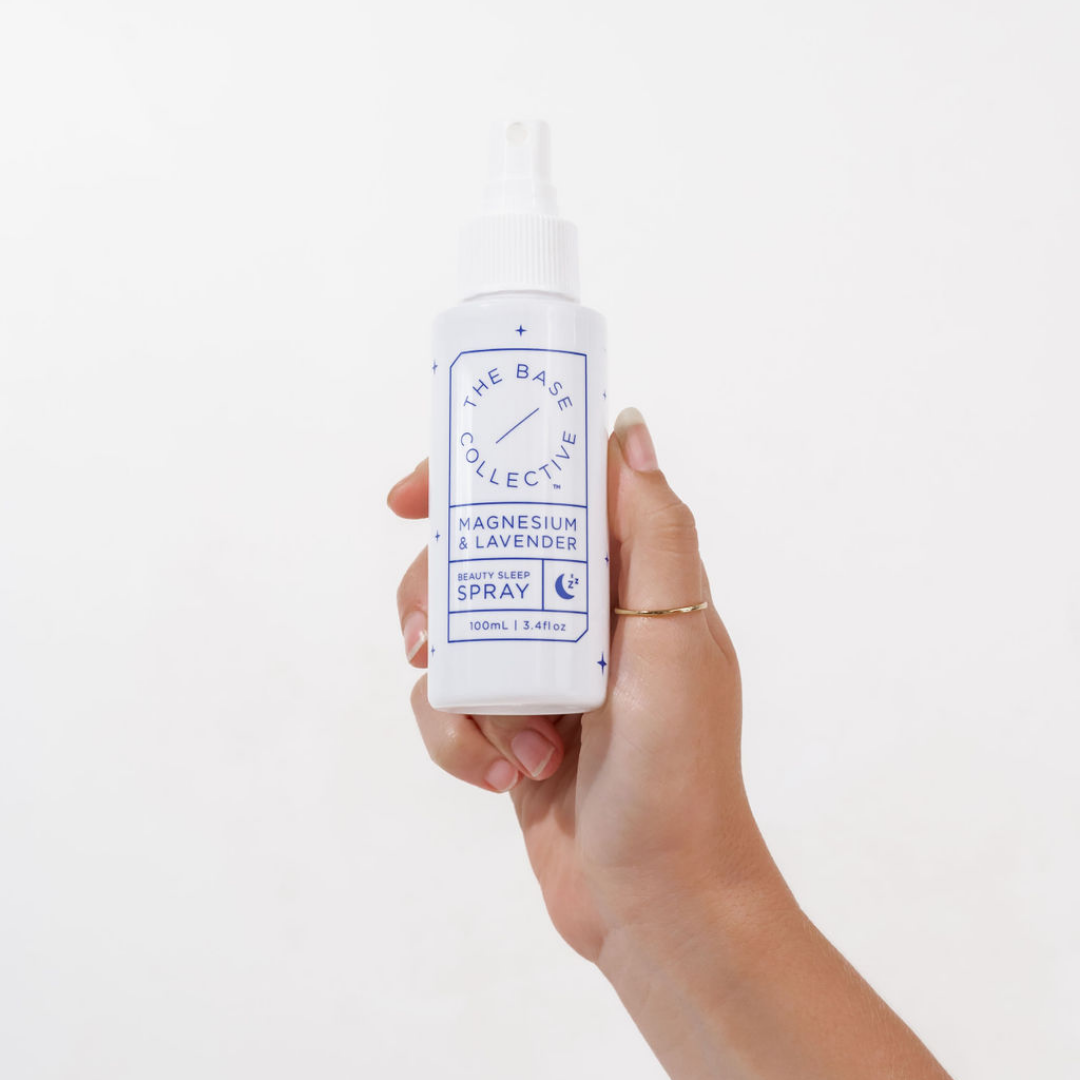



Leave a comment
This site is protected by hCaptcha and the hCaptcha Privacy Policy and Terms of Service apply.